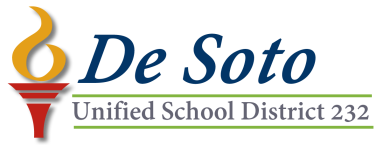Health Savings Account
Available as an option ONLY to those that enroll in one of the two High Deductible Health Plans (Plans 1 or 2).
What is a Health Savings Account (HSA)?
A HSA combines a lower premium, High Deductible Health Plan (HDHP) with an employee-directed, tax-advantaged savings account.
What are the advantages of HSA?
- A HSA works much like an IRA. The money is yours and rolls over year to year, accumulating as you age, and from one qualified HDHP to another. Depending on the HSA vendor, you may be able to direct how those funds are invested, and a 2-4% annual investment return is often guaranteed.
- Contributions and investment earnings are tax-free, as are disbursements from the account to pay for qualified expenses. Funds withdrawn for non-qualified expenses will be assessed a 20% penalty in addition to normal taxation. The penalty is waived in the event of death, disability, or attainment of Medicare eligible age.
- Besides your health plan deductible, HSA qualified medical expenses include the same type of things as covered by a traditional Cafeteria 125Flexible Spending Account (e.g. dental, vision, and prescription drug out-of-pocket costs), and some things which Cafeteria 125plans do not allow: COBRA premium, post-age 65 retiree health insurance premium other than Medicare supplement policies, Long Term Care insurance premiums, and health insurance premiums if you are receiving unemployment.
How much can I contribute to my HSA?
For 2019, maximum contributions to your HSA are $3,500/individual or $7,000/family. Additionally, for individuals age 55 and over, a “catch-up” contribution is allowed in addition to the maximums noted above. The “catch-up” contribution for 2019 is an additional $1,000. Who is eligible to participate in a HSA? Those covered by a HDHP. Employees, dependent spouses and/or children who are also covered by any non-qualified plan, including Medicare, are not eligible for the HSA. If you own a HSA account and later enroll in a non-qualified plan, you can continue to pay for healthcare expenses on a tax-free, penalty-free basis and your account will continue to accumulate interest tax-free, but you cannot contribute to the plan while enrolled in the non-qualified plan.
Click on the link below to view the HSA plan highlights.

